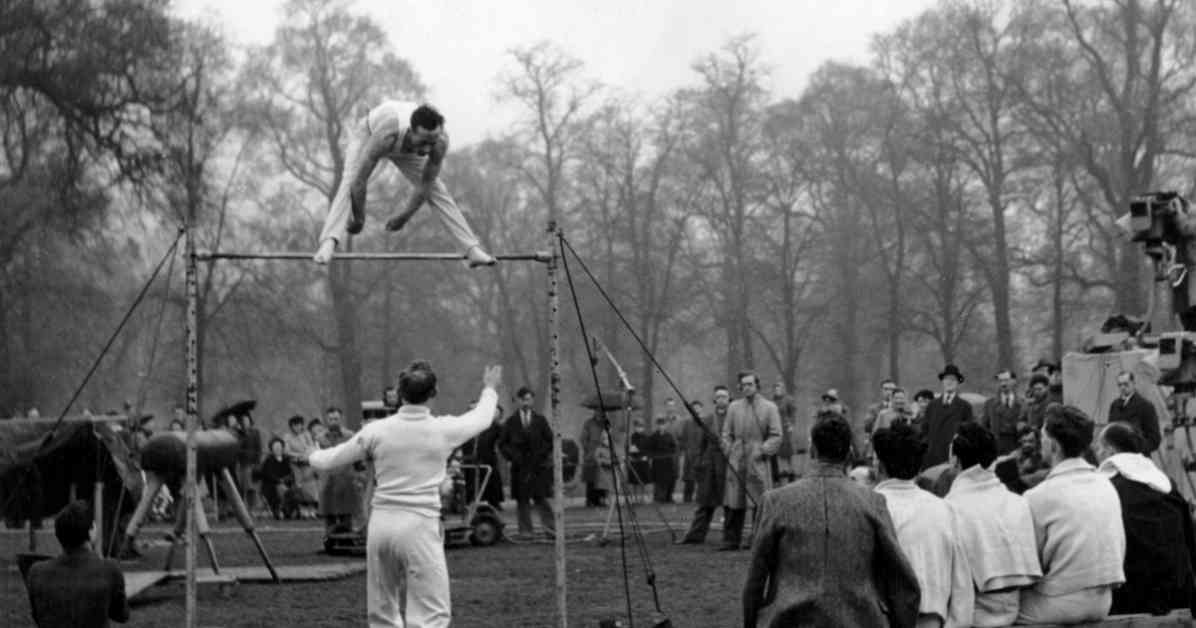The Olympics have always been a symbol of unity and sportsmanship, but the 1948 London Olympics, also known as the ‘Austerity Olympics’, held a special significance. Coming just after the end of World War Two, the world was still reeling from the financial and emotional toll of the war. Despite the challenges, the decision was made to host the prestigious event in London.
Unlike the extravagant games we saw in London in 2012, the 1948 Olympics had to make do with existing venues and limited resources. Athletes had to make their own arrangements for accommodation and even bring their own gear like shorts and towels. The UK itself was still in the process of rebuilding after the war, with many buildings still in ruins.
Despite the limitations, a record 59 nations participated in the games, with only a few countries opting out. Athletes from all over the world came together in a spirit of camaraderie and sportsmanship. The games saw a total of 4,104 athletes competing in 19 different sports, a remarkable feat considering the recent history of the war.
One of the standout athletes of the 1948 Olympics was Dutch sprinter Fanny Blankers-Koen, known as the Flying Housewife, who won four gold medals in athletics. Her achievements, along with those of other athletes, helped make the games a success. The smooth-running ceremony was watched by millions around the world, both in person and over the radio.
While the ‘Austerity Olympics’ may not have been as lavish as some of the more recent games, they symbolized a return to normalcy and a celebration of the human spirit. Despite the challenges, the 1948 Olympics will always be remembered for bringing nations together in a time of recovery and rebuilding.












